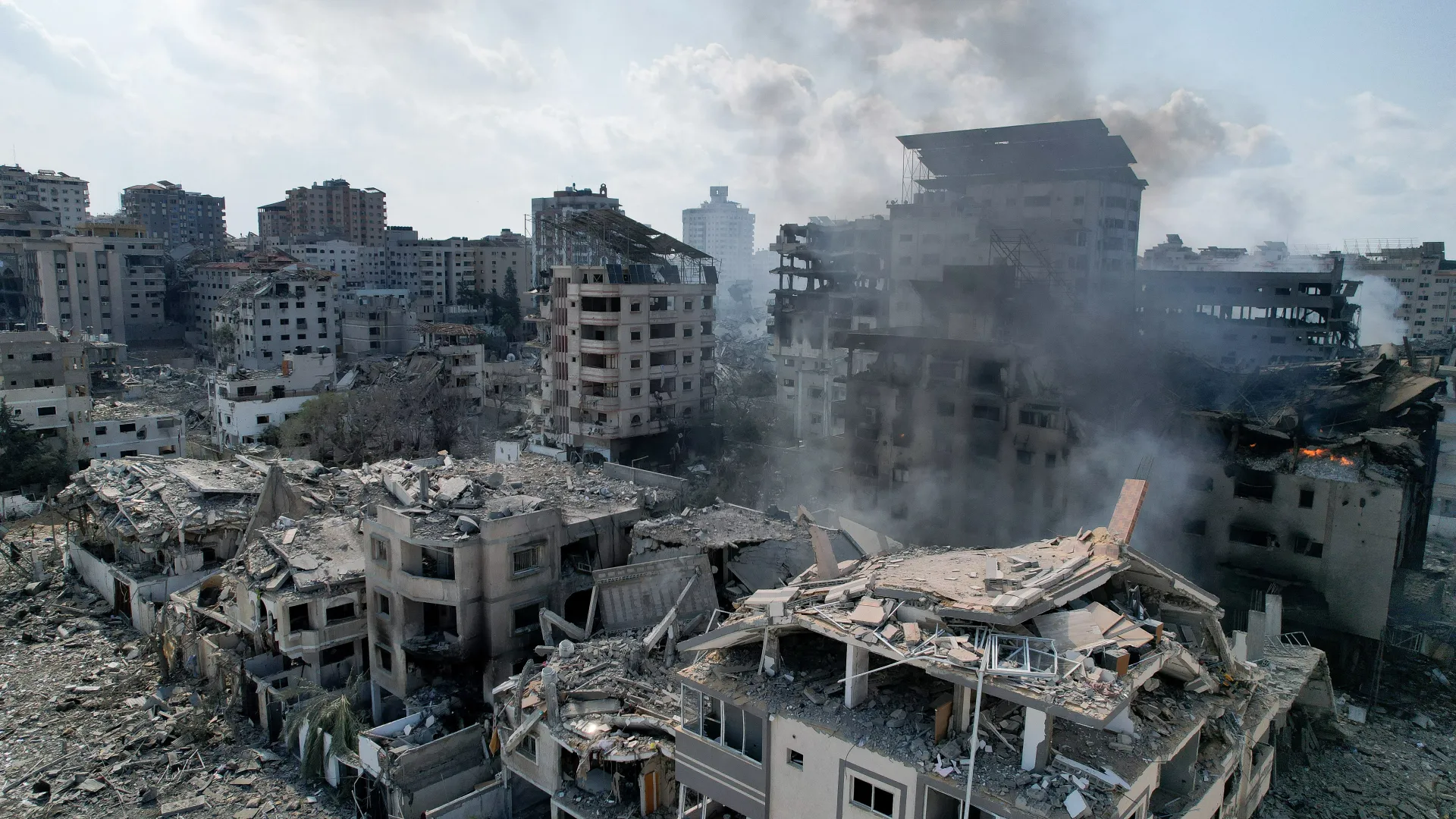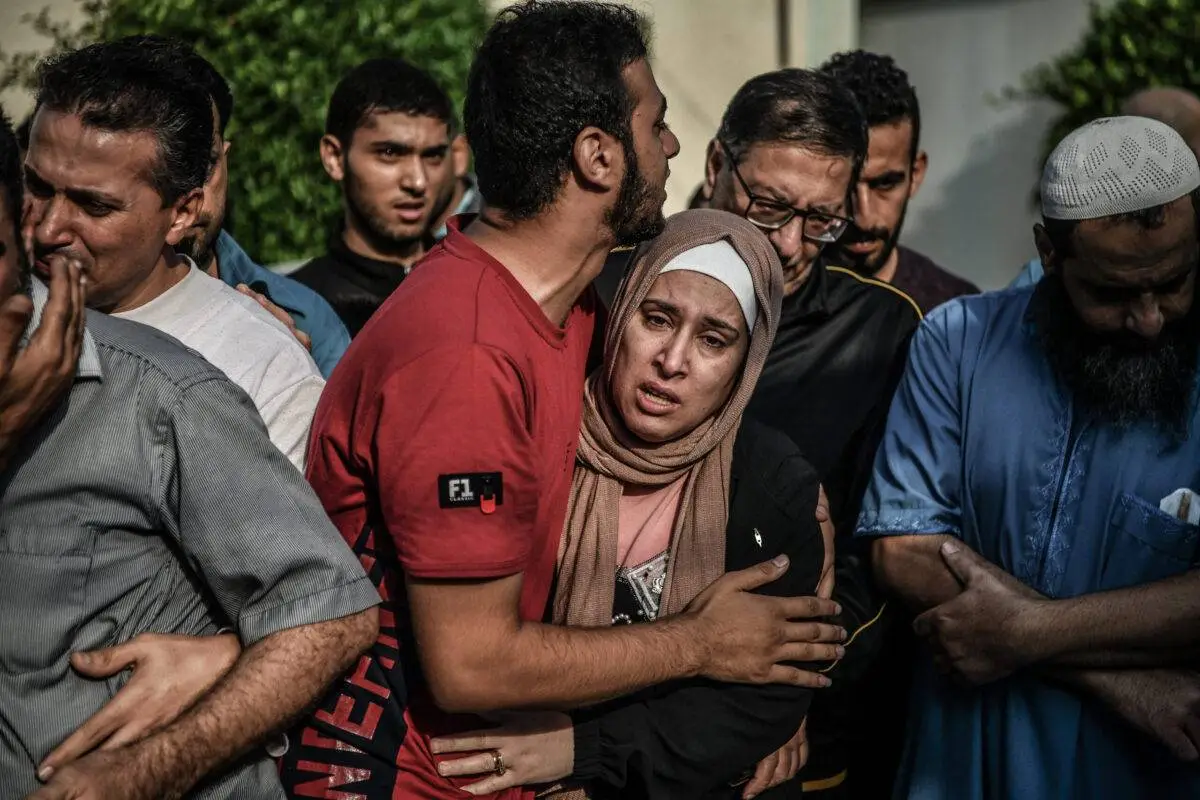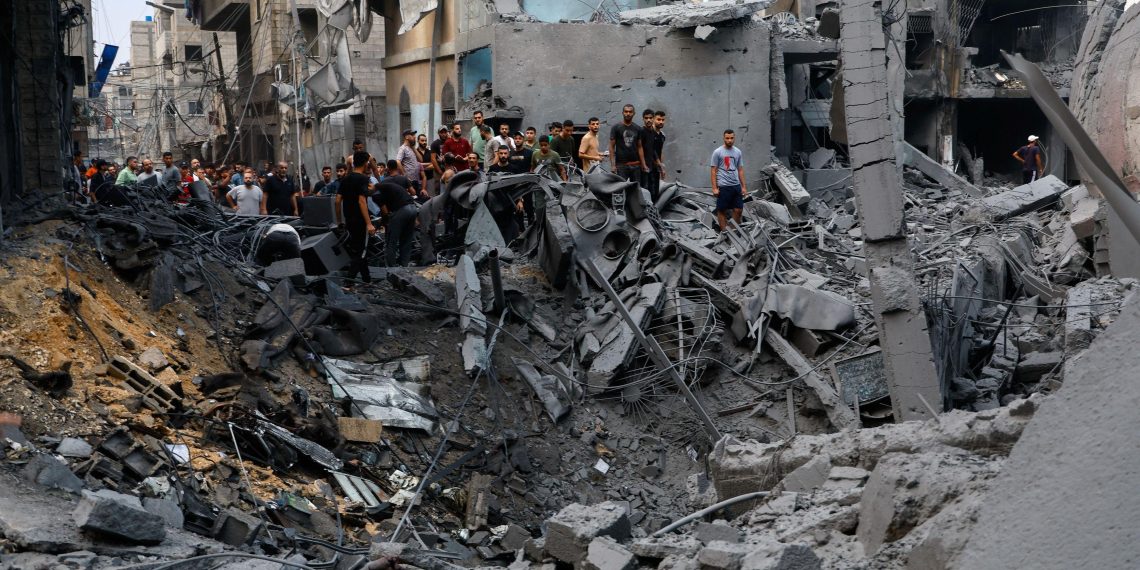The UN humanitarian office has raised the alarm over Israel’s potential incursion into Rafah, Gaza, warning of catastrophic consequences.
The city shelters around a million displaced people, making them vulnerable to any military action. Jens Laerke, spokesperson for the UN Office for the Coordination of Humanitarian Affairs (OCHA), emphasized the risk of civilian casualties and the severe impact on aid operations.
Israel’s proposed operation has triggered concern globally. The United States, Israel’s ally, demands a comprehensive plan ensuring civilian protection before supporting any offensive in Rafah.

While Israel has provided some preliminary information, US officials express reservations, stressing the need for a more robust strategy.
Aid operations in Rafah are extensive, comprising medical clinics, food distribution centers, and facilities for malnourished children.
Laerke reassures that OCHA is committed to maintaining humanitarian efforts even during a potential incursion.
However, the situation remains precarious, with preparations underway for potential casualties and disruptions in medical services.
The World Health Organization (WHO) has developed a contingency plan for Rafah, including the establishment of a new field hospital.

Despite these efforts, WHO warns that the plan is insufficient to mitigate the expected rise in casualties. With over 34,000 Palestinians already killed in the ongoing conflict, any escalation poses a grave threat to civilian lives.
Furthermore, WHO is concerned about the potential closure of the Rafah crossing, vital for importing medical supplies.
This raises additional challenges for ensuring access to healthcare in Gaza. WHO emphasizes the importance of keeping the crossing open and has engaged with Israeli authorities on this matter.





